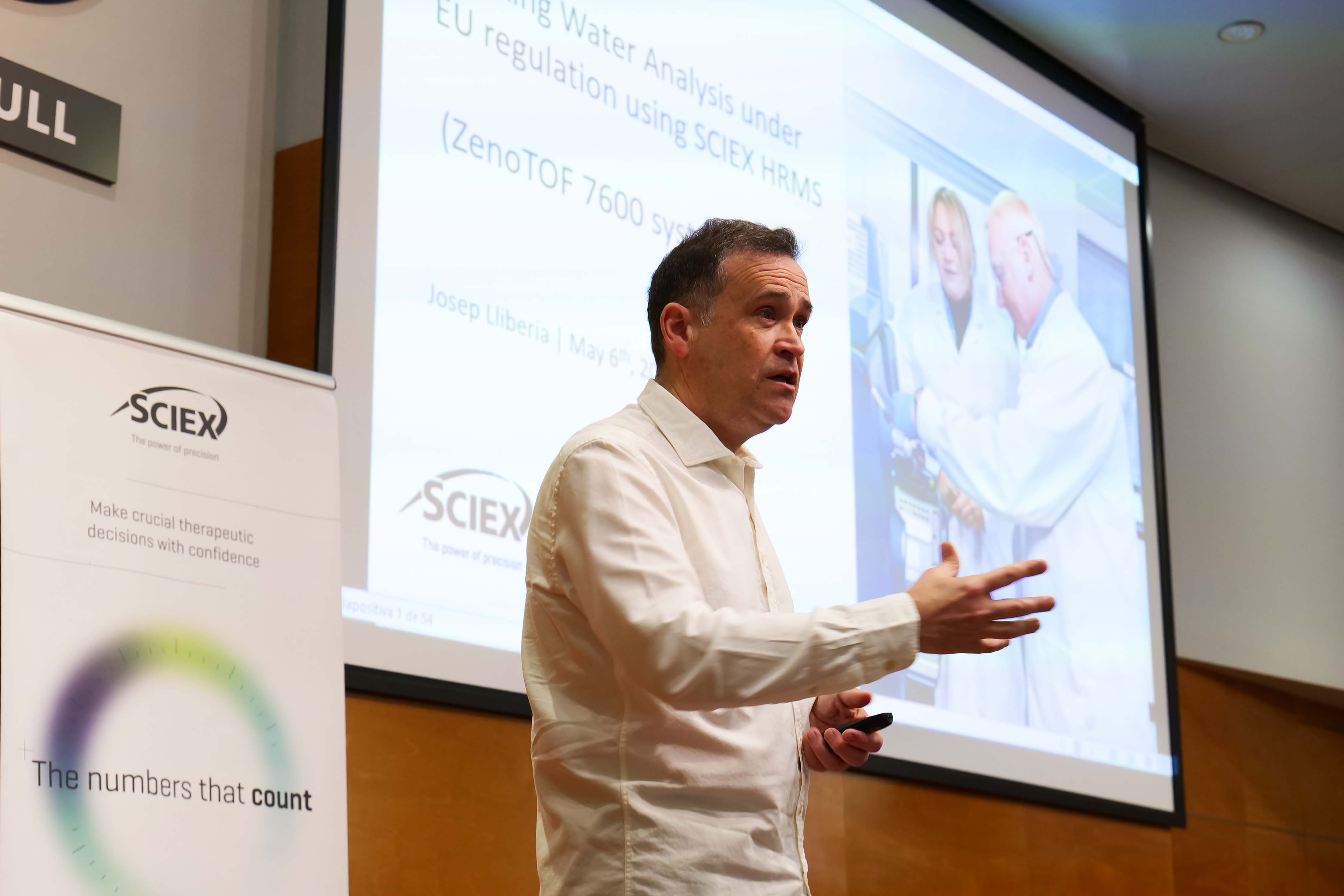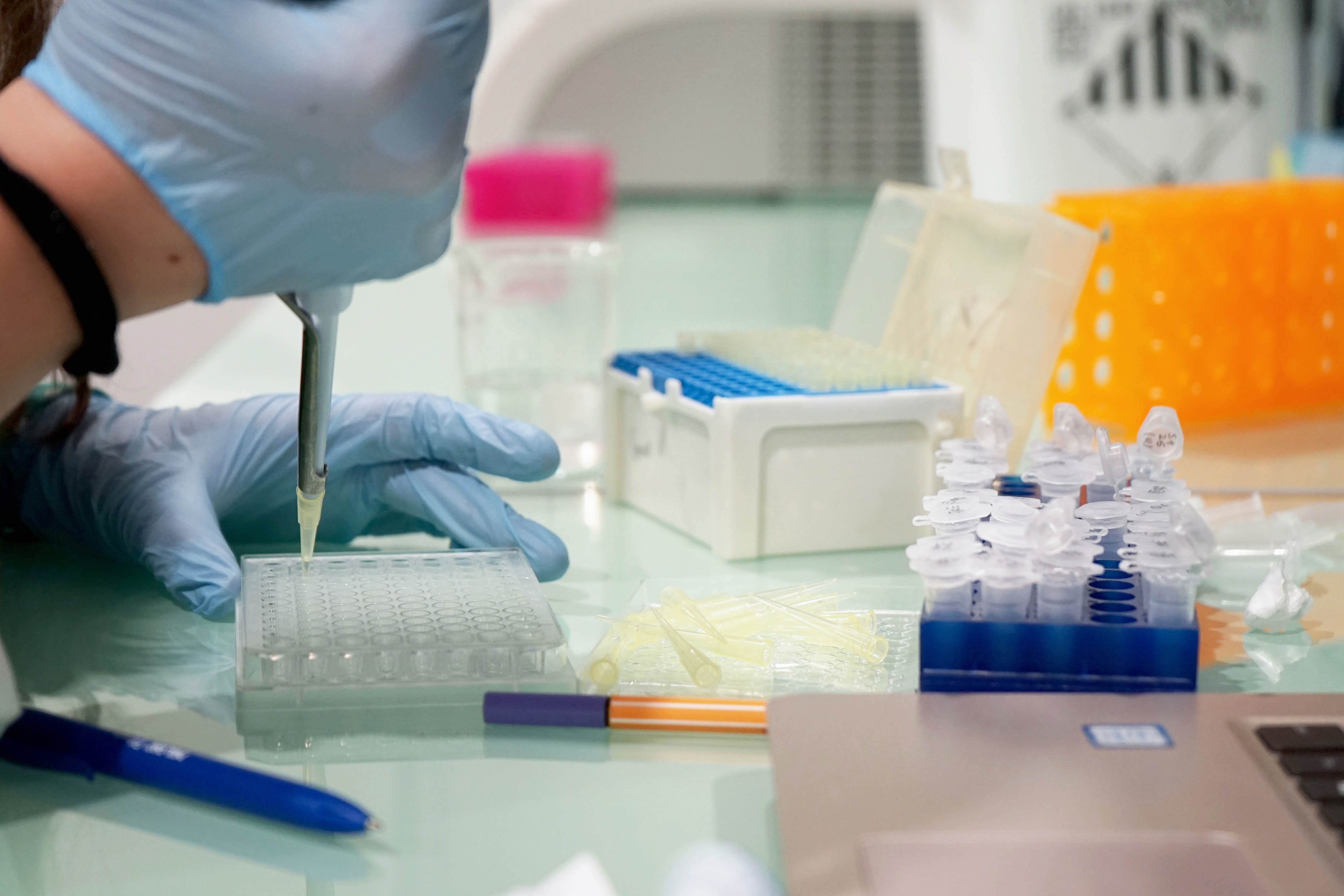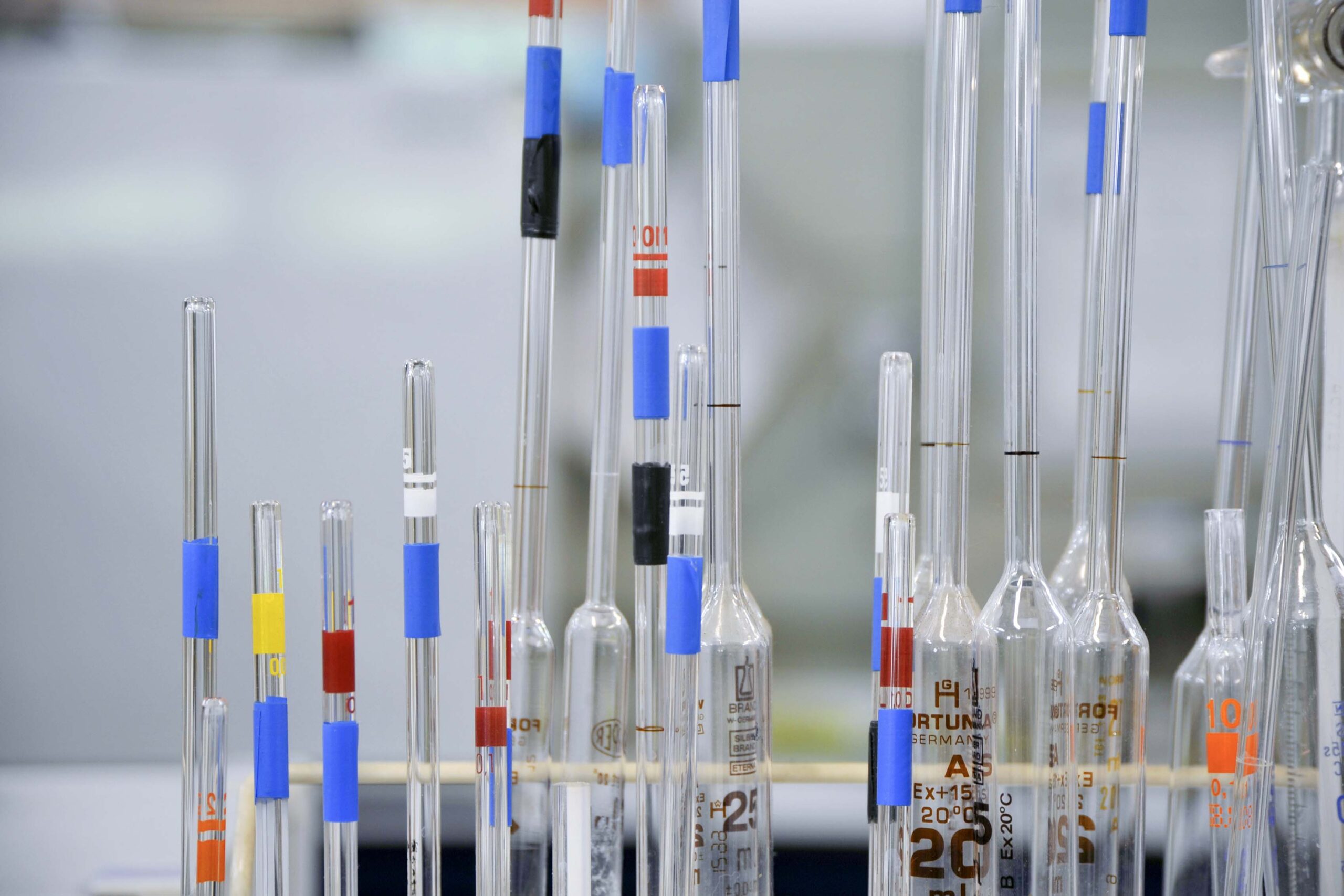Within the framework of the partnership between IQS and the company SCIEX, two hands-on IQS-SCIEX seminars were held this past May to showcase the latest advances in the application of advanced instrumentation for the analysis of residues in the environment and food and in the development of advanced therapies.
The event was organized jointly by SCIEX and IQS Tech Transfer, underscoring the IQS division’s commitment to serving the industrial network and converting the results of university research into real opportunities and solutions for society based on technological innovation.
Environmental and Food Waste Analysis
The first seminar was dedicated to the latest Waste Analysis techniques for the Environment and Food, in which the present and future of mass spectrometry were explored, showcasing the latest techniques in Nominal Mass and the evolution towards high-resolution techniques with LC-MS/MS. The seminar featured attendance by experts from SCIEX and relied on the experiences of companies such as Aguas de Barcelona, EMATSA, ASPB, and the Cabrils Agri-Food Laboratory, which addressed legislative issues related to compliance with Spanish Royal Decree 3/2023 and HRMS strategies, novelties in software for regulated environments and applications in real public health monitoring cases, and the analysis of pesticides, PFAS, and mycotoxins in water, agriculture, and food.
Advanced Therapies Analysis
Entitled New Techniques in Advanced Therapies through Capillary Electrophoresis and LC-MS, the second seminar featured contributions from SCIEX and Leanbio experts who shared the latest technological innovations applied to the development and characterization of biological products, such as new approaches in the analysis of classic therapeutic proteins (mAbs, ADCs, NGBs), and cutting-edge techniques for gene therapies (mRNA, viral vectors, and plasmids). The event also presented an introduction to the Intabio ZT system, a revolutionary tool for the analysis of mAB – monoclonal antibodies by capillary electrophoresis and, finally, other novelties in the use of Zeno TOF 7600 technology.
At the end of this second seminar, SCIEX presented its new ZT Scan DIA device, a new paradigm for analysis in LCMS using the “Data Independent Acquisition” system.
As stated by Dr Josep Lliberia, Senior Application Specialist at SCIEX, “at SCIEX we have found that with this type of seminar, and thanks to the excellent relationship we have with IQS, other companies, and the different research groups involved, we create a very positive synergy that accelerates knowledge transfer.”
IQS-SCIEX DEMO LAB
As a result of the partnership between SCIEX and IQS, the IQS-SCIEX Demo Lab was created four years ago with the aim of promoting research in advanced chemical analysis techniques using high-resolution mass spectrometry. The IQS-SCIEX Demo Lab is currently equipped with three state-of-the-art devices, the X500B QTOF System, the 7500 QTRAP®, and the ZenoTOF 7600 System, which, under the leadership of Dr Margalida Artigues, have advanced the university’s various research areas, such as Analytical Chemistry, Biochemistry, Environmental Process Engineering and Simulation, Materials Engineering – Nanotherapies, Bioengineering, and Pharmaceutical Chemistry.
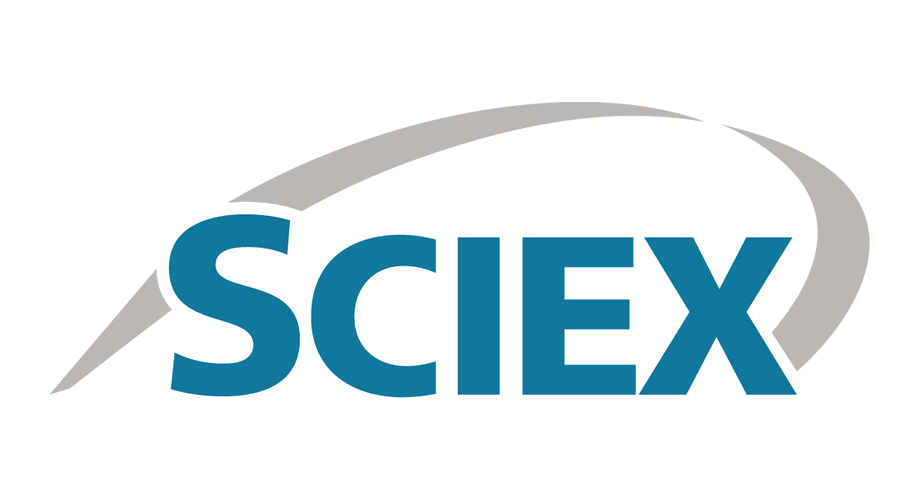
Research Groups

GESPA – Engineering and Simulation of Environmental Processes Group
GESPA's research is focused on the topics of environmental sustainability from a transversal perspective. GESPA is a consolidated research group by the Catalan Government (2021 SGR 00321) and consists of a multidisciplinary team of scientists who combine chemical engineering, biotechnology and advanced chemical analysis with a theoretical-experimental approach to improve the sustainability of our society.
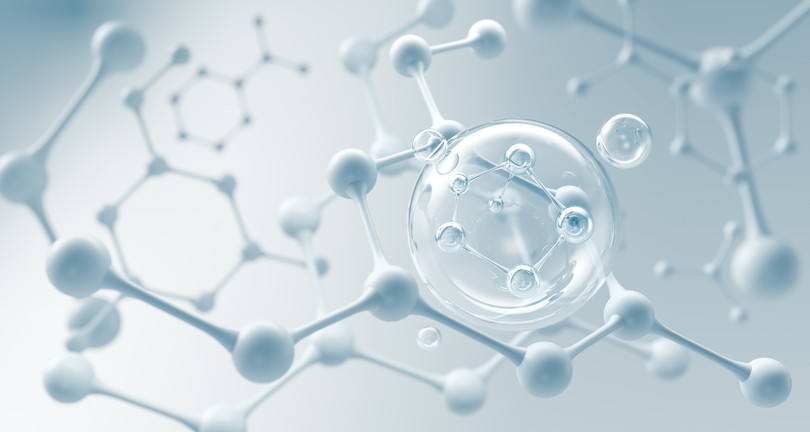
NanoTher – Nano Therapies Lab
The NanoTher group conducts research in nanomedicine Engineering for Targeted Interaction with Physiological Barriers










